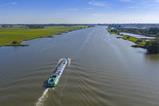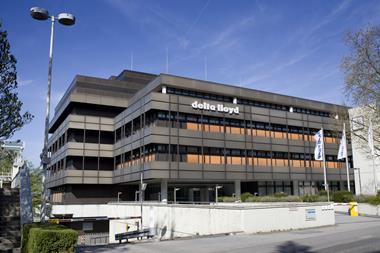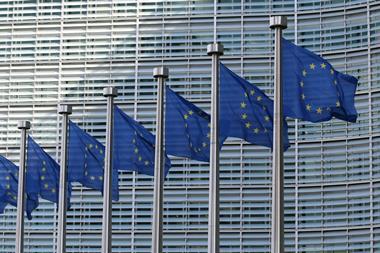Pensioenfonds Huisartsen, the Dutch pension fund for general practitioners, has made its exclusion policy more strict. The fund now no longer invests in government bonds and state-owned firms of 34 countries, including China.
The pension scheme has based its new exclusion policy on three criteria: human rights, labour rights and corruption. Countries with insufficient scores on at least one of these criteria are excluded. This concerns government bonds and companies in which the government is the majority shareholder.
Huisartsen assesses the human rights situation in a country on the basis of its Freedom House ratings: countries that have been classified as ‘not free’ by the institute have been blacklisted. These include China, the United Arab Emirates, Thailand and Egypt, among others.
Labour rights are assessed on the basis of a classification by the International Trade Union Confederation (ITUC). Countries that cannot guarantee the rights of workers due to the absence of the rule of law have been excluded. Finally, corruption is being assessed on the basis of a country’s score by Transparency International. Countries that are regarded as ‘extremely corrupt’ by the NGO have been blacklisted.
A-shares
Huisartsen is one of the first Dutch pension funds to exclude China, which is remarkable considering it was the first Dutch scheme to take a separate allocation to Chinese A-shares back in 2012. In 2016, the fund’s Chinese equity investments totalled €95m.
Huisartsen sold it’s A-shares allocation several years ago, according to the fund’s CIO Pieter de Graaf. “As the importance of China in MSCI’s standard equity indices grew ever larger, it was no longer necessary for us to invest in China separately,” he said. The GP fund now only invests a mere €18m in China, according to De Graaf. This is less than 5% of the fund’s total allocation to emerging market equities, and a strong underweight compared to China’s 32% weighting in the MSCI Emerging Markets Index.
The tiny allocation to China may have another reason behind it too. Last year, Huisartsen broadened the scope of its best-in-class policy, according to which it only invests in the 60% of companies with the best ESG scores, to include emerging market equities in addition to developed market stocks.
Costs increase by €6.5m
Huisartsen saw its costs rise by €6.5m to €54.9m in 2021, which helped costs per member to reach a new all-time high of €658. The cost rise was partly due to one-off costs related to the transition to a new platform for pension administration designed by the fund’s new administrator Achmea Pensioenservices, and the introduction of a new DC arrangement this year. In 2021, these additional costs amounted to €1.6m. Asset management costs increased by €5m due to higher performance fees paid to real estate managers.

















